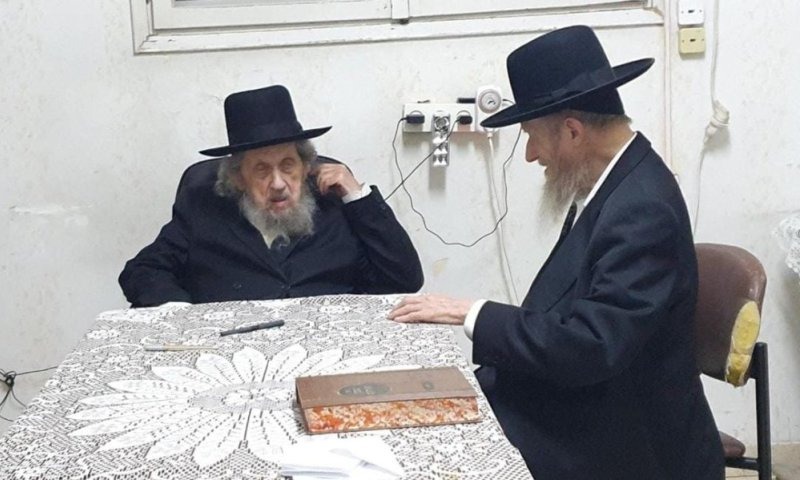לך כנוס את כל היהודים! In light of the situation in Eretz Yisrael, with over 100 hostages still being held in Gaza, the ongoing war and thousands of Israelis still displaced from their homes, Gedolei Yisrael have instructed that special tefillos for the release of the hostages and the security situation in Eretz Yisrael be held on Taanis Esther in yeshivos and Batei Medrash around the world.
A delegation of Roshei Yeshivos recently visited HaGaon HaRav Dov Landau and the Rosh Yeshivah instructed that tefillos be held on Taanis Esther, saying that “when such a large number of Jews are in galus from their homes and many hostages are in captivity, these days are a very special and mesugal time for tefillah.”
HaRav Landau asked HaMashgiach HaRav Dan Segal to set the seder tefillah for Taanis Esther. The Mashgiach said that ten pirkei Tehillim should be recited: 20, 22, 25, 27, 79, 83, and 94 as well as the following perakim, passuk by passuk: 121, 142, and 130. And it’s also important to say יושב בסתר – and the important thing is that each person direct his heart to Shamayim.
Additionally, on Purim and in the Mordechai HaTzaddik yeshivos, special pirkei Tehillim will be said for the security situation and the release of the captives.
It is known from the Arizal that Yom Kippur is “כ”פורים – and in a certain sense, Purim is even a more mesugal time for tefillah than Yom Kippur and we can be zocheh to even higher spiritual heights.
HaGaon HaRav Gershon Edelstein, z’tl, explained that the nisayon on Purim is greater [to waste the day] and therefore one who withstands the nisayon and doesn’t waste the opportunity to elevate himself in ruchniyus on Purim is zocheh to even greater heights than on Yom Kippur.
(YWN Israel Desk – Jerusalem)












2 Responses
In the last year of his life, Rabbi Avigdor Miller [ZTL ZYA]
was still giving public lectures, and I
attending some of those lectures.
Someone asked Rabbi Avigdor Miller:
“Should we pray for the Israeli Army?”
Rabbi Avigdor Miller immediately answered:
“If they are fighting to defend us, then we should pray for them.”
Those were his exact words;
I remember them as if they were said yesterday.
What does “Pasuk by Pasuk” mean? In the case of a national Tehillim recitation, it would make sense to say that to mean that the Tehillim would be read aloud, and everyone would repeat it – “Pasuk by Pasuk”. But since this is not a gathering, does it mean anything here?